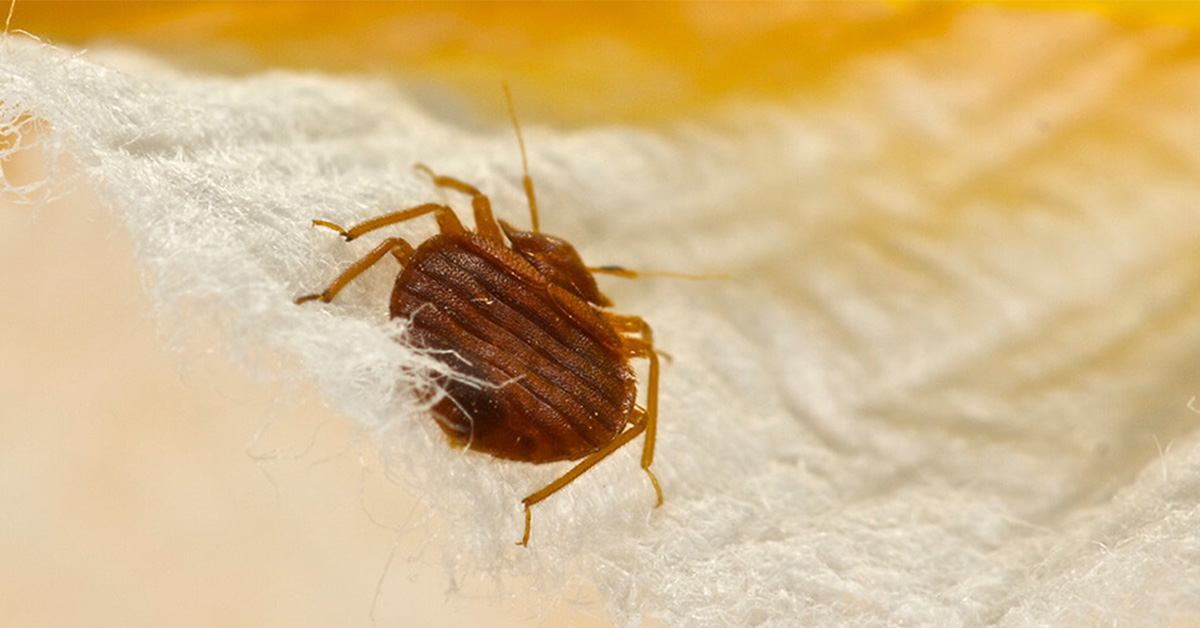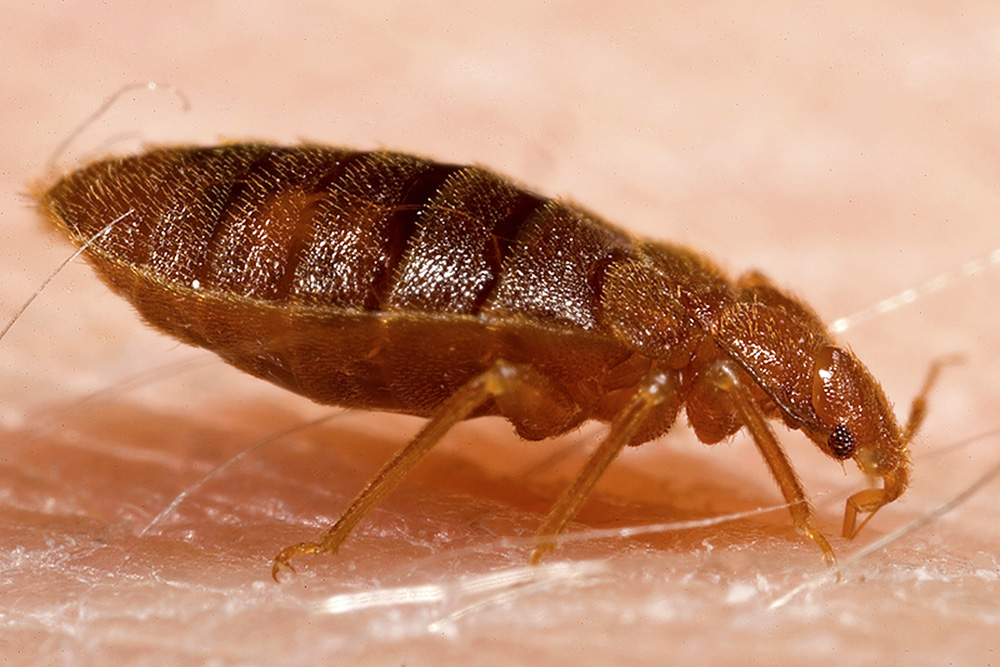Kings Exterminator Cincinnati: Effective Bug Monitoring
Kings Exterminator Cincinnati: Effective Bug Monitoring
Blog Article
Sorts Of Bug Control: Which Technique Is Right for Your Infestation?
When faced with an insect infestation, the selection of an appropriate method for pest control is important in successfully handling the circumstance. From chemical treatments to biological remedies, there exists a variety of methods that can be employed to address various sorts of pests. Each approach includes its own collection of advantages and considerations, making the decision-making process a nuanced one. Understanding the subtleties of each technique and examining their compatibility with the specific parasite invasion at hand is crucial for achieving long-lasting success in pest management. By discovering the various kinds of insect control techniques offered, individuals can make enlightened decisions customized to their distinct conditions, making sure a much more efficient and lasting outcome in bug removal.
Chemical Parasite Control
Chemical pest control involves making use of artificial or normally acquired chemicals to take care of and eradicate pest populations efficiently. This technique is generally made use of in farming, forestry, and residential settings to fight a wide variety of parasites, consisting of insects, weeds, and rodents. Using chemical pesticides can offer quick and targeted remedies to pest invasions, making it a prominent selection for many individuals and businesses.
One of the essential advantages of chemical insect control is its capability to quickly eliminate bugs, decreasing the threat of damage to plants, residential property, and human wellness. By utilizing certain chemicals that target specific insects, this method can effectively regulate problems while lessening harm to useful organisms and the environment when used properly.
Nonetheless, making use of chemical bug control also elevates worries regarding potential damaging impacts on non-target species, water resources, and human health and wellness. It is essential to adhere to security guidelines, use chemicals responsibly, and take into consideration alternate pest control approaches to lessen these risks and make certain sustainable parasite administration practices.
Organic Pest Control
Organic insect control, additionally understood as biocontrol, makes use of living organisms to decrease and take care of insect populaces naturally. This approach takes advantage of the power of nature to control parasites without the requirement for artificial chemicals. Biocontrol can entail the introduction of natural opponents of the pest varieties, such as predators, microorganisms, or bloodsuckers, to reduce bug populations. By utilizing the parasite's natural predators or virus, biological insect control supplies a sustainable and ecologically pleasant option to pest administration.

Mechanical Parasite Control
Making use of hands-on and physical methods to manage pest populaces, mechanical parasite control uses a different method that does not rely upon using living microorganisms or artificial chemicals. This technique includes using obstacles, catches, or other devices to literally hinder or remove insects. By blocking parasite access factors or establishing up traps to capture them, mechanical insect control can effectively lower infestations without presenting chemicals into the pest control places atmosphere.
One usual example of mechanical parasite control is making use of mesh displays on doors and windows to avoid insects from entering buildings. This basic yet reliable method functions as a physical obstacle, keeping insects out while permitting for correct ventilation. Furthermore, tools like mousetraps, fly swatters, and ultrasonic repellents drop under the mechanical pest control classification.
While mechanical bug control approaches can be labor-intensive and require regular tracking and maintenance, they offer a sustainable and ecologically pleasant solution for managing insect invasions. By integrating various mechanical strategies, homeowner can develop a comprehensive pest control technique that reduces reliance on chemical pesticides.
Physical Insect Control

Some typical physical pest control techniques include the usage of barriers such as webs or screens to prevent bug entry, catches to catch and get rid of insects, and hand-picking to literally remove Discover More parasites from plants or structures. In addition, techniques like warmth treatments can be made use of to manage pests like bed insects by raising the temperature level to levels that are dangerous to the pests.
Physical bug control is particularly beneficial in integrated bug monitoring (IPM) approaches, where multiple parasite control approaches are incorporated for efficient pest monitoring while minimizing making use of chemicals. By making use of physical parasite control techniques, people can properly attend to insect infestations with very little ecological impact.
Integrated Insect Administration
When applying physical pest control methods as part of parasite monitoring strategies, Integrated Pest Management (IPM) emerges as a detailed technique that leverages numerous strategies to properly regulate pest populaces. IPM concentrates on lasting avoidance of parasites via a mix of organic, social, physical, and chemical devices customized to certain parasite concerns. By incorporating several control techniques, IPM intends to lessen the dangers connected with insects while also decreasing reliance on chemical services.
One key aspect of IPM is the focus on surveillance and examining pest populations to identify the most ideal control approaches. This positive technique permits early intervention and targeted techniques, leading to more reliable bug administration. Furthermore, IPM promotes eco pleasant methods by prioritizing non-chemical control approaches and just using chemicals as a last resource.
Final Thought

By making use of the parasite's all-natural predators or pathogens, biological parasite control supplies a sustainable and environmentally pleasant service to pest monitoring. - Kings pest control Cincinnati Ohio
Utilizing physical and manual techniques to manage pest populaces, mechanical insect control offers a different technique that does not rely on the usage of living microorganisms or synthetic chemicals.A reliable technique to managing parasite populations without counting on chemical or organic methods entails the company website use of physical parasite control methods.When executing physical parasite control techniques as component of bug management methods, Integrated Pest Monitoring (IPM) emerges as a thorough method that leverages numerous techniques to properly control pest populaces. Chemical pest control includes the use of pesticides, organic insect control makes use of natural predators, mechanical parasite control includes physical obstacles, physical pest control includes capturing or removing bugs, and integrated insect monitoring combines several approaches for a holistic technique to pest control.
Report this page